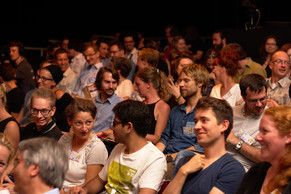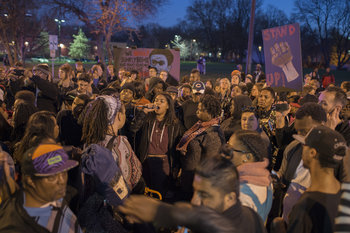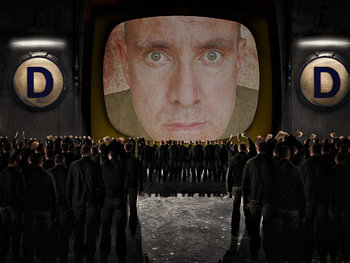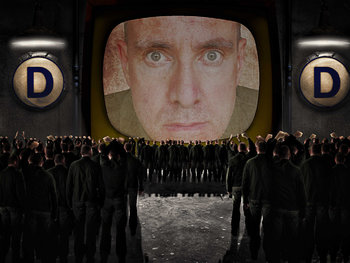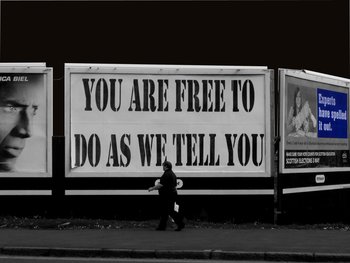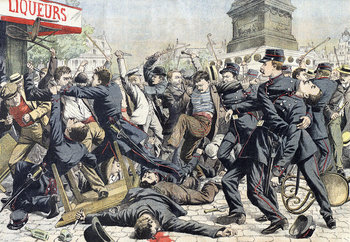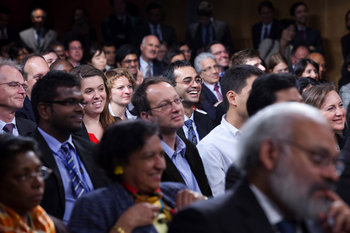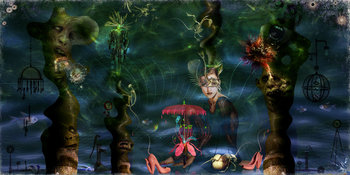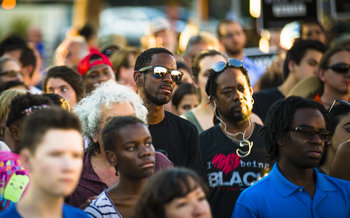
Divide & Conquer
Encourage the masses to focus on minor differences between each other as opposed to their common needs. This may allow an elite to implement systems that don't benefit most people because the people are distracted with infighting.Unite & Conquer
Promising to deliver change that a majority of people strongly want to win support. Better known as populism.Bait & Switch
Promising one thing and delivering another. For example, promising populism but implementing unpopular policies that benefit an elite.Bread & Circuses
The theory that the masses will be uninterested in politics no matter how bleak if they are provided with basic sustenance and entertainment.Stability & Nostalgia
Promising to stop change, defend the status quo or bring back the past. This sells because people may value stability, fear change and have strong nostalgia for the past.Safety & Security
Promising to make the world a safer place with security. This is typically only applied to dread risks that people strongly fear as opposed to actual risk.Justice
Promising and/or delivering a more just world as this is perceived by supporters.Euphoric Change
Promising aggressive change that represents a leap forward to some desired future.Ideology
Promoting an ideology using media and social processes such as groupthink in order to secure power for those who claim to represent the ideology. Ideology is also used as a divide & conquer mechanism.Us vs Them
Uniting a group against some other group. For example, an elite that "educates" a population to fear a foreign power or minority group. This serves to distract the population from domestic problems such as systems and policies that benefit an elite at a cost to a society such as inefficiency, risk and waste.Pork Barrel
The use of government funds to indirectly buy support. For example, a government that heavily spends on infrastructure to support construction companies, unions and employment such that supporters benefit. This comes at a heavy cost to society as a whole because this spending tends to be irrational and non-productive such as massive infrastructure in remote locations that is useless to the economy but useful for legally distributing funds to supporters.Likability
A leader who obtains power because they are widely viewed as likable or charismatic. At its extreme, this can become a cult of personality whereby an individual is ascribed mythical powers such that they are intensely feared and/or respected.Naive
Any political strategy that has no chance of resulting in winning or sustaining power. For example, making a campaign all about you when you aren't widely perceived as particularly likable or charismatic.Coercive Power
Rule by fear and observation. This can create an environment where people are afraid to criticise a power structure let alone challenge them for power.| Overview: Political Strategy | ||
Type | ||
Definition | A plan to win and sustain formal power over major systems such as a society, community or organization. | |
Related Concepts | ||



